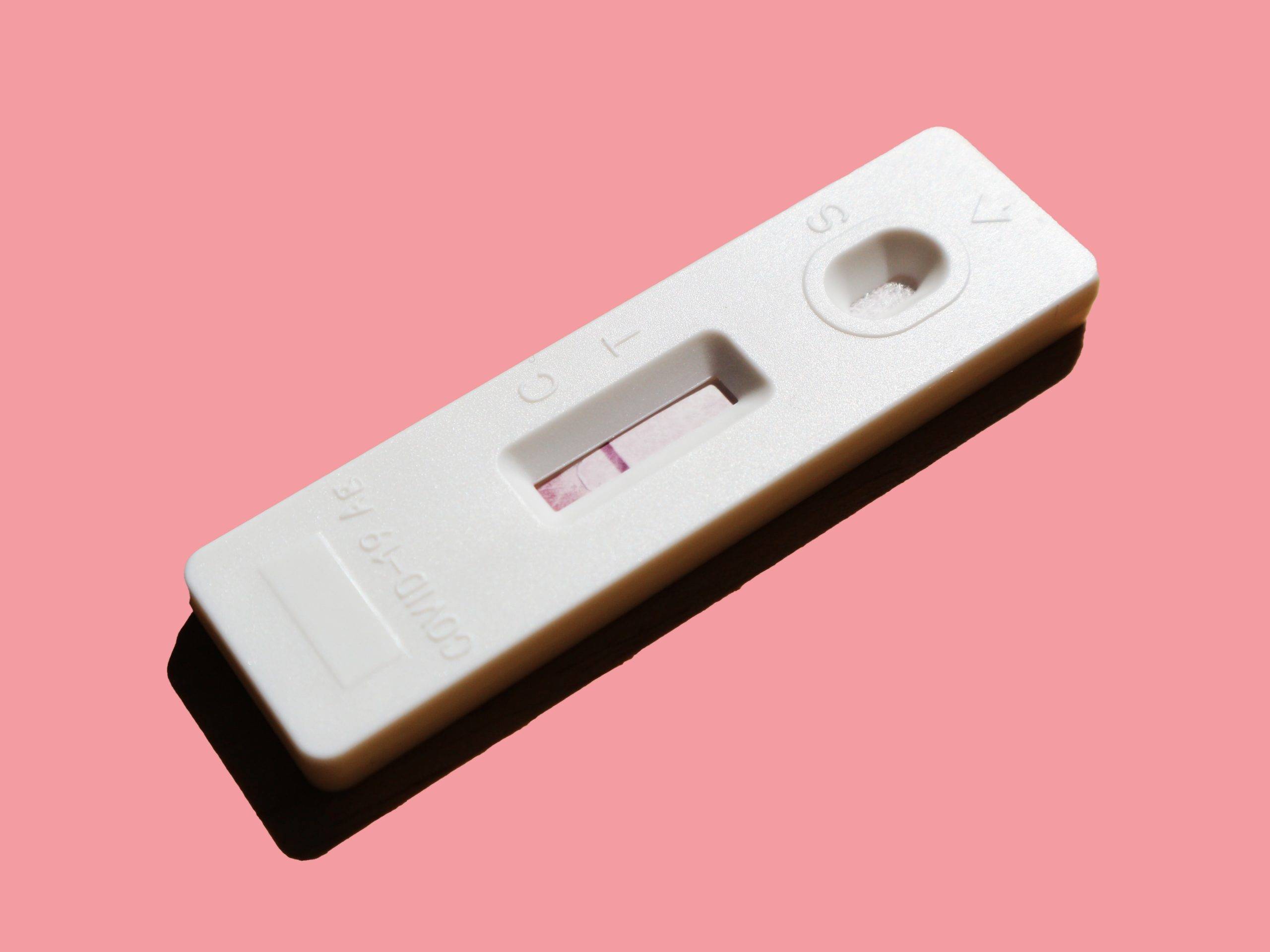
How to Confirm Abortion Pill Worked: Ultrasound vs. Pregnancy Test
A medical abortion, also known as the abortion pill, is a safe and effective method for terminating a pregnancy in its early stages. After taking the prescribed medications, it is essential to confirm abortion pill worked. Need to know the success of the abortion to ensure the termination is complete and there are no complications. Two standard methods for securing the victory of a medical abortion are ultrasound and at-home pregnancy tests. This article will discuss these two options, their timing, and the considerations involved in choosing between them.
Ultrasound Confirmation
An ultrasound is a medical imaging technique that uses high-frequency sound waves to create images of the inside of the body. When confirming the success of a medical abortion, an ultrasound is typically considered the most reliable method. Here’s why:
Timing Ultrasound
An ultrasound can be performed approximately 7-10 days after taking the abortion medications. This timing allows for the most accurate assessment of whether the pregnancy has been terminated successfully.
Accuracy of Ultrasound
Ultrasound provides a clear picture of the uterus and can detect the absence of a gestational sac or embryo. It can identify any remaining tissue or complications, such as an ectopic pregnancy.
Medical Supervision
A healthcare professional typically performs an ultrasound, ensuring the assessment is accurate, and any necessary follow-up care can be provided promptly.
At-Home Pregnancy Test Confirmation
An at-home pregnancy test is a convenient and cost-effective option for confirming the success of a medical abortion. However, it may not be as reliable as an ultrasound for several reasons:
Timing of Pregnancy Test
It is recommended to wait 14 days after taking the abortion medications before using an at-home pregnancy test. Testing too soon may result in a false positive due to the continued presence of pregnancy hormones in the body.
Sensitivity of Pregnancy Test
Some at-home pregnancy tests may not be as sensitive as others in detecting lower levels of pregnancy hormones. Using a susceptible test can increase the accuracy of the results.
False Positives of Pregnancy Test
An at-home pregnancy test may still detect pregnancy hormones in the body for a period after a successful abortion, leading to a false positive result. This can cause unnecessary anxiety and confusion.
Follow-up
If an at-home pregnancy test indicates a positive result, following up with a healthcare provider for confirmation and further guidance is essential. We provide as many free follow-ups as you need! Contact us.
Choosing Between Ultrasound and At-home Pregnancy Test
The choice between ultrasound and an at-home pregnancy test depends on several factors, including:
- Accessibility: Ultrasound may not be readily available in all locations, and some individuals may have difficulty accessing a healthcare facility for the procedure.
- Timing: If you need confirmation sooner, an ultrasound may be the preferred option, as it can be done earlier than an at-home pregnancy test.
- Accuracy: For the most accurate confirmation, especially in cases of uncertainty, an ultrasound is the better choice.
- Cost: At-home pregnancy tests are generally more affordable but may require multiple tests over a more extended period for conclusive results.
Concluding Thoughts
Confirming the success of a medical abortion is a crucial step to ensure the procedure is effective and promptly addresses any potential complications. While both ultrasound and at-home pregnancy tests have their merits, the timing, accuracy, and accessibility should be considered when choosing between them. Consulting with a healthcare provider is always recommended to ensure a safe and successful medical abortion and to provide guidance on which confirmation method is most suitable for your specific circumstances.
